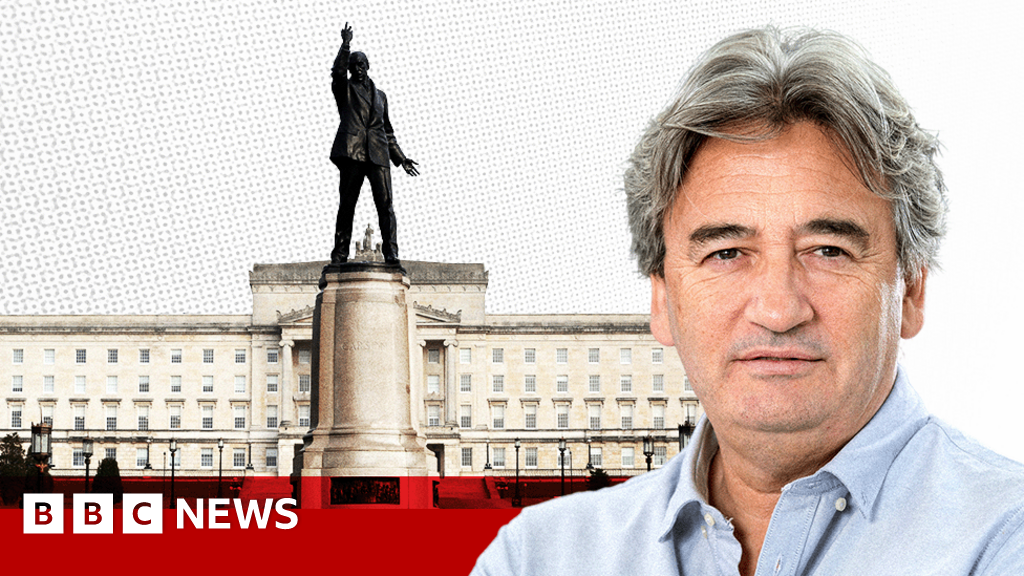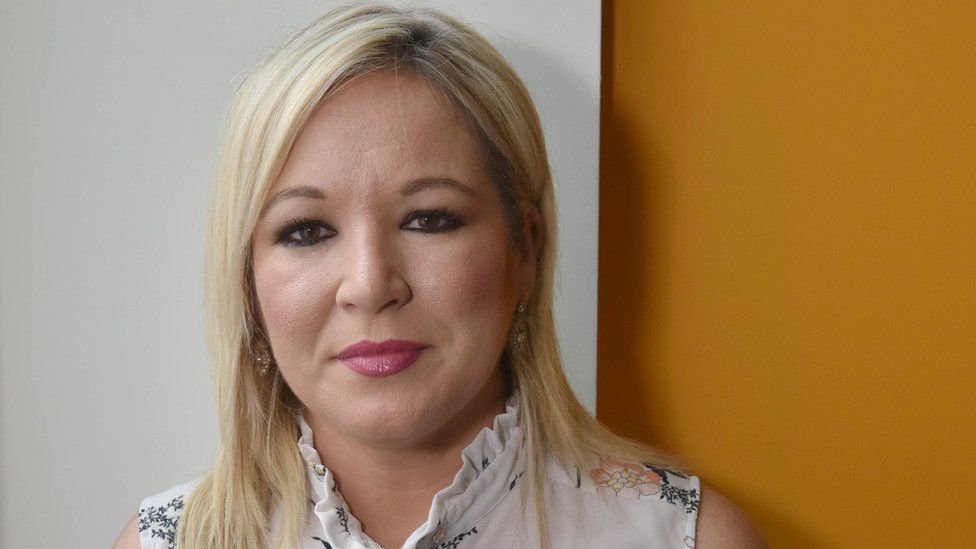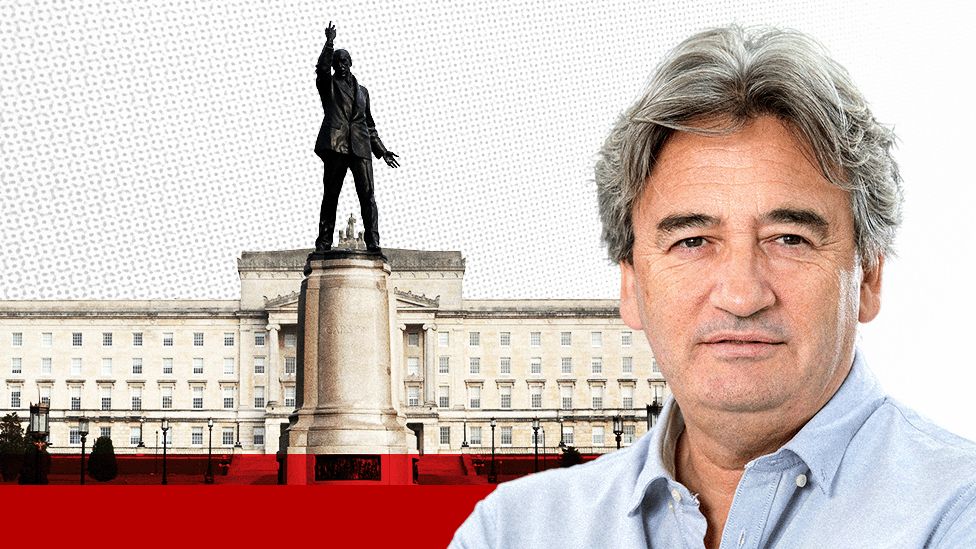
Whenever the politicians or anybody else start talking about history being made in Northern Ireland, Gail McConnell feels wary.
Too much has been suffered and too much time wasted for her to put much faith in rhetoric.
She wants hard work and action, she tells me.
“This should be just another day of government,” she says of today’s power-sharing restoration and the election of an Irish nationalist first minister.
“Our politicians should be getting on with what they have been paid to do.”
Days like today, played out in front of the cameras, will come and go. Her father will still be dead. Like the other 3,500 lost in the Troubles.
“My thoughts are with those people today,” she says. Gail was three when the IRA came for her dad. It was a still morning in March 1986, an edge of spring kind of day, and William McConnell was checking under his car for booby traps. That was his daily routine as an assistant prison governor. His wife, Beryl, and daughter Gail had come to the doorstep to wave him off.
But the threat wasn’t under the car. And when it appeared, from a house across the road, her mother’s warning was too late. Two masked men with guns covered the distance in seconds, shooting at point blank range. William, aged 35, was dead in an instant. The body that had hugged, carried and held her was bleeding out in the driveway.
Years later, Gail learned that she ran back into the house when the shooting started. And it is only when she is grown, and a prize-winning poet, that she found the right word to describe what the IRA bullets inflicted on her dad’s body: Perforation. The putting of holes in flesh.
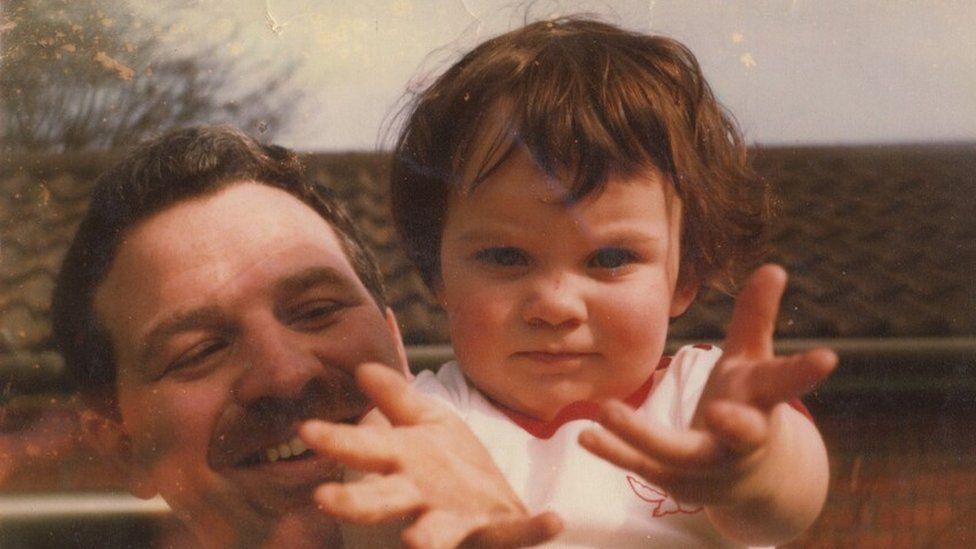
By then she was a mother with a young son from her relationship with her American partner Beth, and highly conscious of trauma that can carry down the generations. Northern Ireland has continuing high rates of PTSD and one of the highest levels of anti-depressant usage in in world.
“Trauma is an ongoing reality for so many people. A young generation born after the conflict tell us they feel keenly the effects of that conflict. They feel the aftermath of trauma. It has been passed down through families. We have a mental health crisis. We have high rates of suicide here.”
Yet as a gay woman advocating on gender issues, climate change, and the rights of the victims of violence Gail McConnell symbolises an outward-looking Northern Ireland. It is a place where identity is no longer entirely defined by religious or constitutional affiliation. There has been a significant rise in migration with new communities forming that have no ties to the entrenched attitudes of the past. Research shows that the number of people living in so-called mixed relationships between Catholics and Protestants has trebled since the late 1990s.
“I really want to be hopeful,” says Gail. “I am just a little conscious that there’s still a long way to go.”
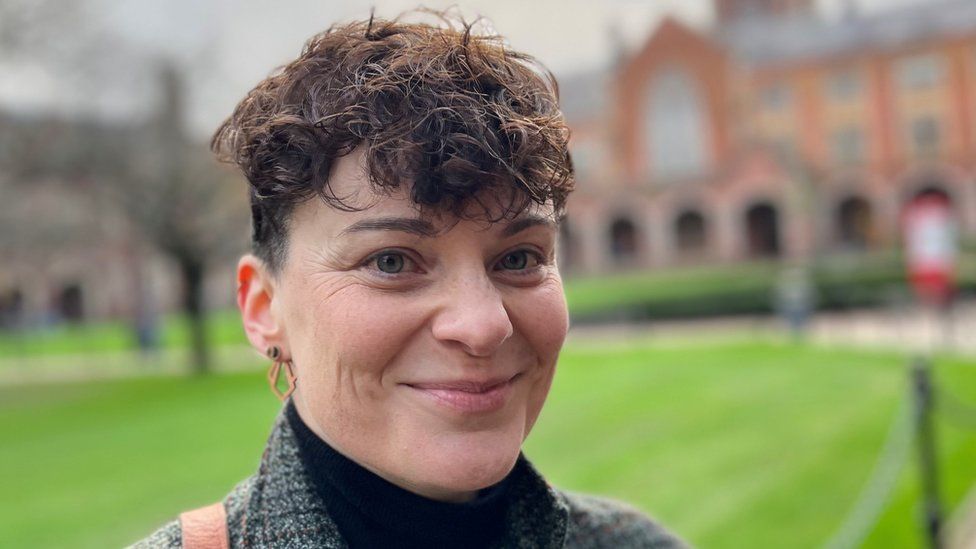
A healthy caution is wise. The peace walls that separate Catholic and Protestant in so-called “interface areas” remain largely in place. Only about 8% of schoolchildren are educated in schools where Catholic and Protestant are integrated. While paramilitary groups no longer pose a serious threat to the peace they are active in drug dealing and can still impose fear on communities.
However former IRA prisoner, Richard O’Rawe, believes there will be no return to political violence. He welcomes today’s events at Stormont not simply because a nationalist is becoming first minister, but because it offers a chance to address bread and butter issues like a struggling healthcare system and youth unemployment.
O’Rawe was jailed for eight years for taking part in an IRA raid on a bank in the 1970s but now looks back on the campaign with regret.
“At the end of the day the IRA struggle didn’t work. We still live in a United Kingdom. We still live under British rule. My view is that all the killings, all the time done in jail, all the suffering, all the tears, was for nothing… the IRA campaign kept alive the flame of a united Ireland.
“Was that enough? No, it wasn’t, considering the number of people who were killed. The whole thing in my view was an awful waste.”
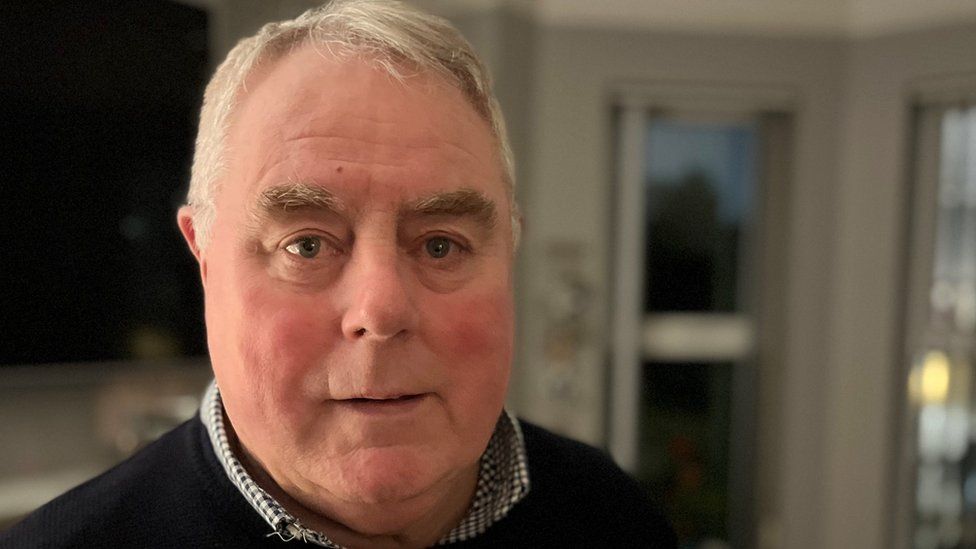
The election of a Sinn Féin first minister is an historic and welcome moment for former activists like himself who emerged from a tradition of revolutionary violence.
The IRA fought since 1922 against the idea of a divided Ireland and refused to take seats in “partitionist” parliaments. That all changed with the Good Friday Agreement of 1998. Now Sinn Féin argues that taking part in a devolved government is part of the road to a united Ireland.
Does Richard O’Rawe believe that today brings a united Ireland closer?
“There’s an awful lot of work to be done. There has to be a programme put together that is attractive to all the citizens, particularly unionists. It has to be non-confrontational.”
It is essential, he says, that there be no triumphalism because in Northern Ireland “it always has an adverse effect”.
And the message to his former comrades and enemies who now sit in Stormont? His words echo those of Gail McConnell.
“Be nice, be conciliatory to those on the other bench, work together and make life better for the poor people in the backstreets.”
The constitutional question won’t go away. But it would be a mistake to see it as the only issue of significance.
Returning to Belfast now – 40 years after I first worked in the city during the Troubles – I see a city that is changed profoundly. It’s not just the vanished police and army patrols and security barriers. The absence of the daily burden of fear has allowed this place to breathe. New conversations about different futures have become possible.
There is hope that – in the words of the Ulster poet Louis MacNeice – “there will be sunlight later”.
Related Topics
-
-
4 hours ago
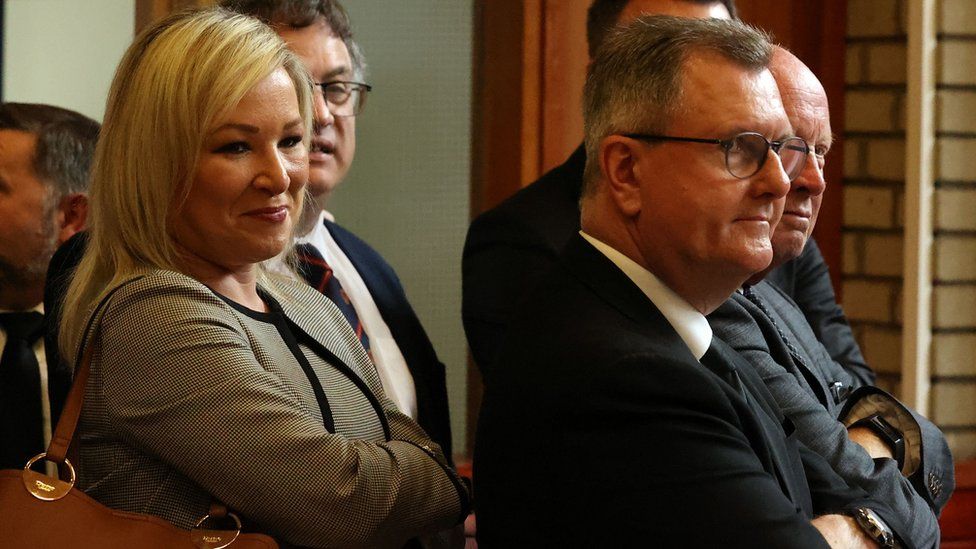
-
-
-
35 minutes ago
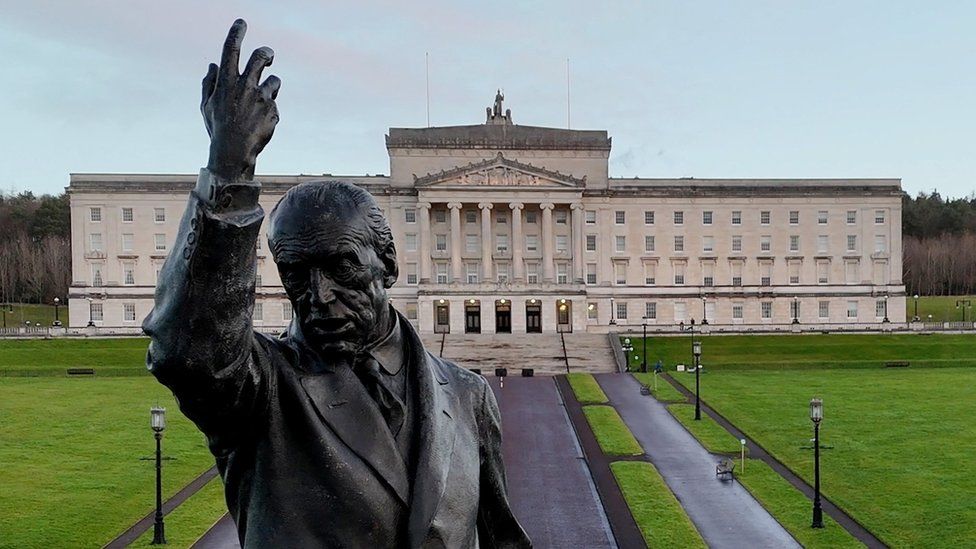
-
-
-
20 hours ago
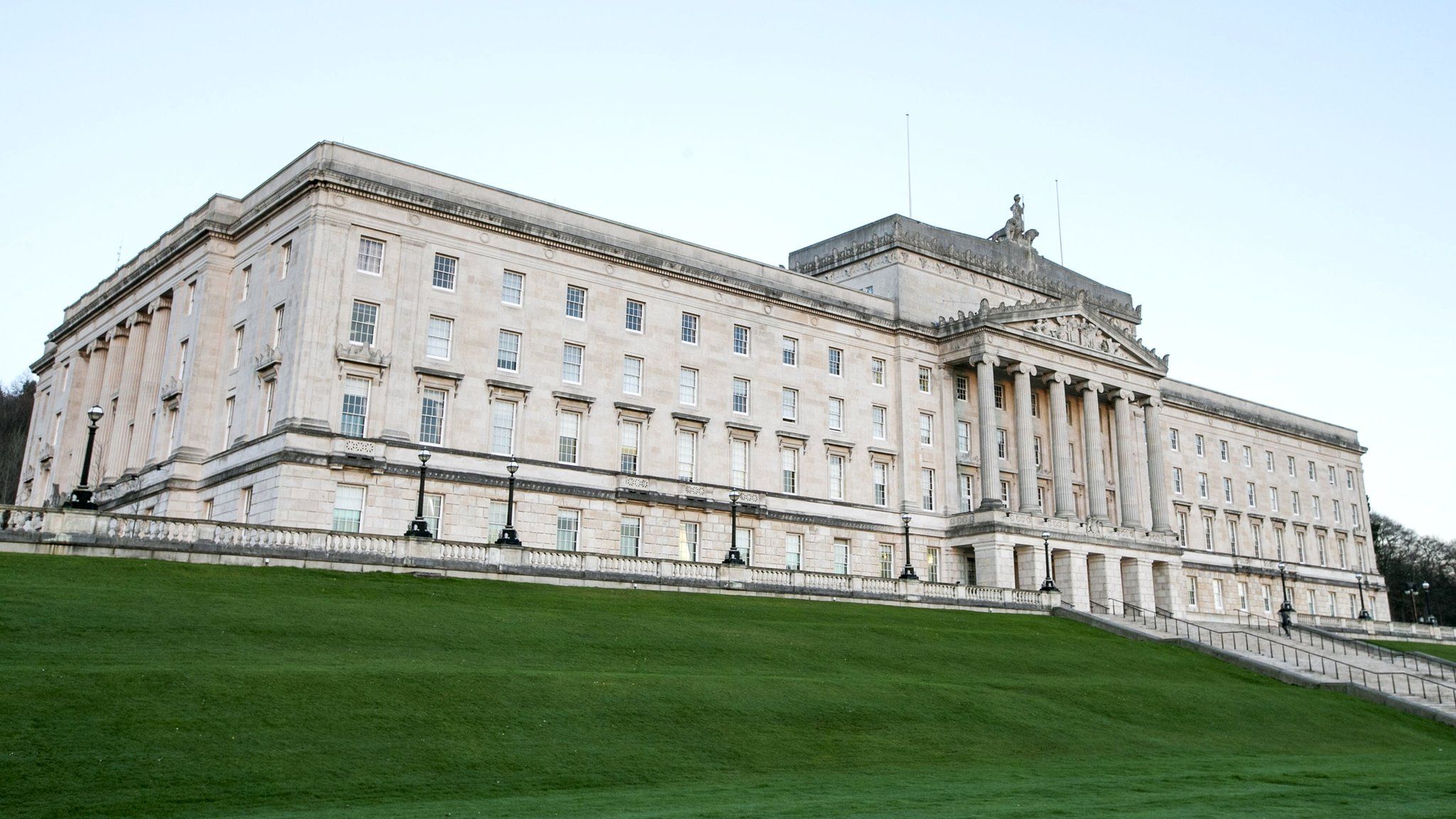
-
